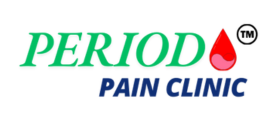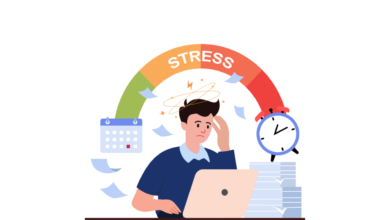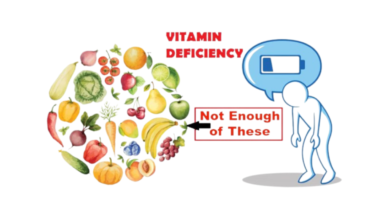Food Allergies or Intolerances: Certain foods can trigger period pain in some individuals.
Beyond Allergies: Understanding Food Intolerances

What is Food Allergies or Intolerances ?
Food allergies and intolerances are conditions that cause adverse reactions to certain foods. While both can lead to discomfort, they differ in their underlying mechanisms.
- Food Allergies: These involve an immune system response, triggering the release of histamine and other chemicals. This can cause life-threatening reactions in some cases.
- Food Intolerances: These are non-immune system reactions, often related to digestive problems or metabolic issues. They typically do not cause severe allergic reactions.
what are the symptoms of Food Allergies or Intolerances ?
Symptoms can vary widely depending on the specific food and the individual’s sensitivity. Common symptoms include:
- Food Allergies:
- Hives or rash
- Swelling of the face, lips, tongue, or throat
- Difficulty breathing
- Nausea, vomiting, or diarrhea
- Abdominal pain
- Dizziness or fainting
- Food Intolerances:
- Digestive issues (e.g., bloating, gas, diarrhea)
- Headaches
- Fatigue
- Skin problems (e.g., eczema)
who can suffer from Food Allergies or Intolerances ?
Anyone can develop food allergies or intolerances. However, some individuals may be at higher risk, such as:
- Infants and young children
- Individuals with other allergies or asthma
- Family members with food allergies or intolerances
What are the types of Food Allergies or Intolerances ?
Common food allergens include:
- Milk
- Eggs
- Peanuts
- Tree nuts
- Soy
- Wheat
- Fish
- Shellfish
Food intolerances can be caused by various factors, including:
- Lactose intolerance
- Celiac disease (gluten intolerance)
- Histamine intolerance
- Fructose malabsorption
Which diagnostic tests are available for Food Allergies or Intolerances ?
· Skin prick test: This involves pricking the skin with a small amount of the suspected allergen to test for a reaction.
· Blood test: This measures the levels of antibodies to specific allergens.
· Food challenge: This involves consuming a controlled amount of the suspected allergen to see if a reaction occurs.
· Elimination diet: This involves removing potential allergens from your diet to see if symptoms improve
What is the treatment of Food Allergies or Intolerances ?
The primary treatment for food allergies is to avoid the offending allergen. For food intolerances, dietary modifications or medications may be necessary.
Which diet I should take, if any ?
The specific diet will depend on the identified allergen or intolerance. For example, individuals with celiac disease must avoid gluten, while those with lactose intolerance may need to limit or avoid dairy products.
Which speciality of the doctor will treat Food Allergies or Intolerances ?
Allergists and immunologists specialize in diagnosing and treating food allergies. For food intolerances, a gastroenterologist may be involved
Is Food Allergies or Intolerances completely curable ?
While there is no cure for food allergies or intolerances, careful avoidance of the offending substances can help manage symptoms and improve quality of life. In some cases, individuals with severe food allergies may benefit from immunotherapy.





